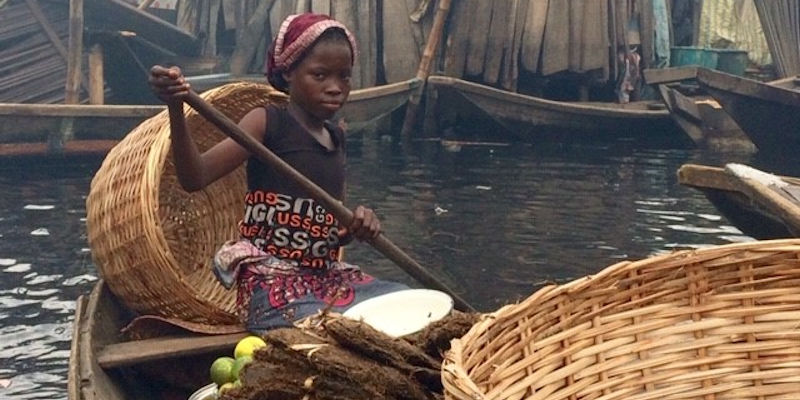Research project
(Re)negotiating power to enhance resilience to climate change
- Start date: 1 January 2020
- End date: 31 December 2021
- Partners and collaborators: University of Western Australia (UWA) University of Auckland, New Zealand University of Bristol, UK University of Cape Town, South Africa University of Ghana, Ghana University of Leeds, UK University of Maastricht, Netherlands Edith Cowan University, Australia Clark University, United States Lund University, Sweden University of Oslo, Norway Crops Research Institute (CSIR), Ghana Development Knowledge Management and Innovation Services Private Limited (DeKMIS Pvt. Ltd), Nepal
- External primary investigator: Professor Petra Tschakert (UWA)
- Co-investigators: Dr Susannah M. Sallu, Dr Kate Lonsdale
- External co-investigators: Associate Professor Fay Rola-Rubzen (UWA), Dr Silvia Lozeva (UWA), Karen Paiva Henrique (UWA), Dibya Gurung, Alicia Garcia, Dr Regina Sagoe, Dr Karin Steen (Lund University), Professor Edward Carr, Mario Machado, Meg Parsons (University of Aukland), Associate Professor Karen Fisher (UNSW Sydney), Roa Crease (University of Aukland), Dr Ed Atkins (University of Bristol), Professor Elias Asiama, Dr Nana Ama Browne Klutse (University of Ghana), Professor Han Aarts (University of Maastricht), Professor Pim Martens (University of Maastricht), Dr Naomi Godden

Climate change is now recognised as a global emergency. All societies will have to take urgent action to adapt and build resilience if they want to avoid unprecedented loss of lives and livelihoods. However, building or enhancing resilience is more difficult than it may appear.
Critical scholarship highlights the roles of power, social difference, and agency in either strengthening or inhibiting people’s resilience to climate change. This means that the ways individuals, households, and communities share power in decision making around food and livelihood security determines which adaptation strategies are possible and for whom.
New research leaves no doubt that limits to adaptation already exist. We adopt the concept of ‘negotiated resilience’ to examine resilience as a complex process that requires negotiation between different people with diverse needs, interests, and aspirations. Specific norms regarding gender or age or marital status intersect to define social relations and hierarchies. They, in turn, influence who has a say in decision-making processes, in urban and rural communities in the Global South and Global North.
Recent research illustrates how agency is negotiated in practice, including in the context of climate change. Such deliberations are vital for overcoming inequitable power dynamics, also in participatory interventions. What remains unanswered is how these deliberative spaces can be anchored more effectively in the day-to-day lived experiences of struggling groups so that they last.
Impact
Our research advances critical and engaged scholarship at the intersections of gender, class, race, ethnicity, and climate change. We propose to design and test an innovative and inclusive methodological approach to practice negotiating and renegotiating resilience in rural and urban settings. The research will span geographic and cultural contexts, with a main focus on households and communities.
Drawing upon experiences from Ghana, Nepal, Zimbabwe, Tanzania, South Africa, Cuba, Brazil, Australia, the UK, Indonesia, Thailand, New Zealand, and Oceania, we are acutely aware of the uneven power dynamics at work within and across these various contexts. At the same time, we are ideally positioned to prefigure the next scholarly wave on resilience building, and to contribute to fair societal transformation.
Project website
https://wun.ac.uk/wun/research/view/renegotiating-power-to-enhance-resilience-to-climate-change

